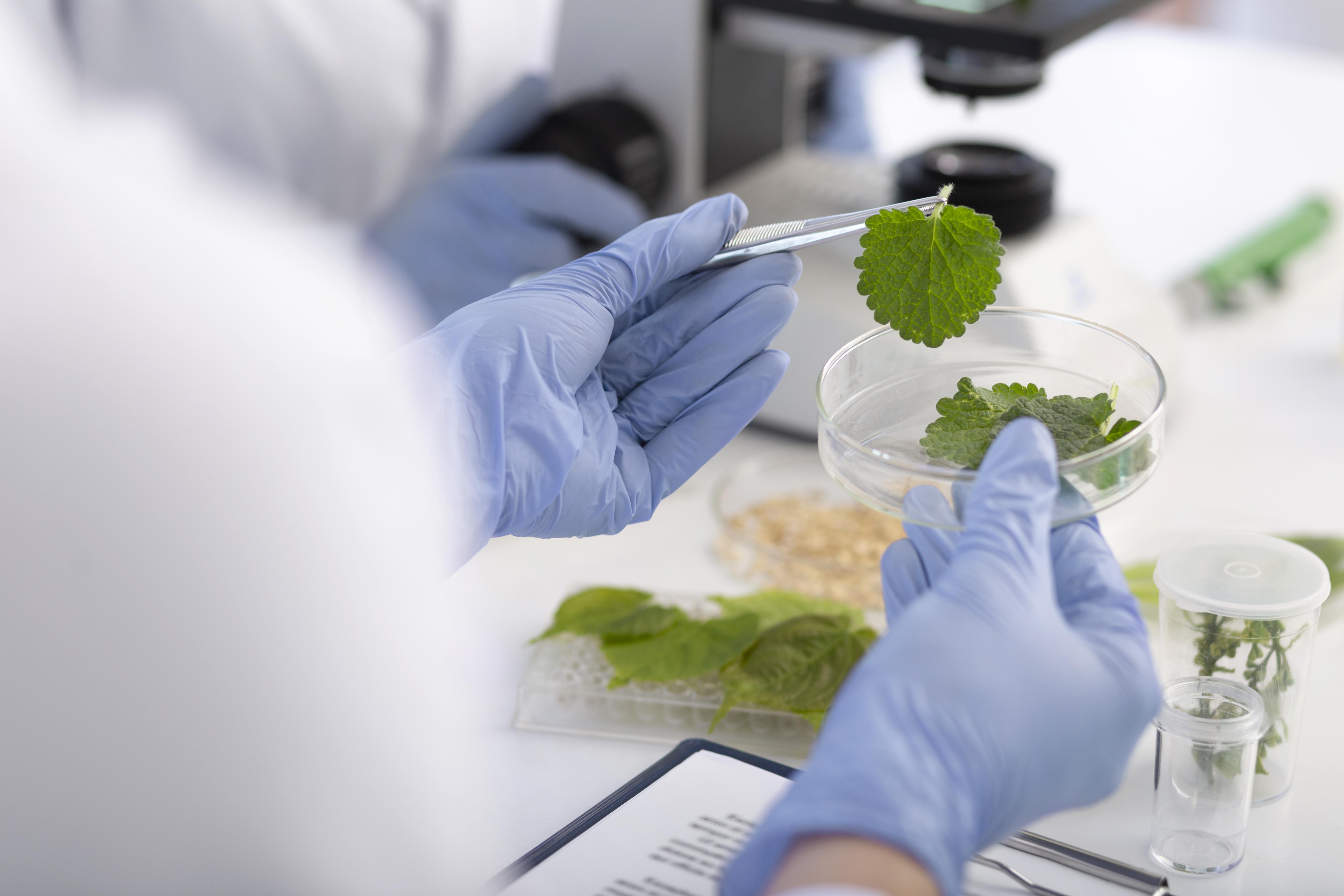HACCP Certification: Ensuring Food Safety and Consumer Confidence
In today’s global food industry, food safety and quality assurance are not just regulatory requirements but essential factors that build consumer trust and brand reputation. The Hazard Analysis and Critical Control Point (HACCP) system is an internationally recognized approach that ensures food is produced, handled, and distributed safely. Achieving HACCP Certification through an accredited Certification Body demonstrates an organization’s commitment to producing safe food and maintaining the highest standards of hygiene, quality, and compliance.
What is HACCP Certification?
HACCP (Hazard Analysis and Critical Control Point) is a preventive food safety system that identifies, evaluates, and controls potential hazards throughout the food production process—from raw material sourcing to final product distribution. Unlike traditional inspection methods that focus on end-product testing, HACCP takes a proactive approach, preventing hazards before they occur.
The concept was first developed in the 1960s for NASA’s space food program to ensure the safety of food consumed by astronauts. Today, HACCP has become a global benchmark for food safety management systems and is recognized by international organizations like the Codex Alimentarius Commission, the World Health Organization (WHO), and the Food and Agriculture Organization (FAO).
Objectives of HACCP Certification
The main goal of HACCP Certification is to ensure food safety through systematic control of potential hazards. Its objectives include:
-
Identifying potential biological, chemical, and physical hazards in the food chain.
-
Implementing preventive measures at critical control points (CCPs).
-
Ensuring safe handling, processing, and storage of food products.
-
Promoting continuous improvement in food safety practices.
-
Providing confidence to customers, regulators, and partners that the organization follows best safety standards.
The Seven Principles of HACCP
The HACCP system is built upon seven core principles designed to ensure food safety across all production stages:
-
Conduct a Hazard Analysis
Identify potential hazards that could cause food to be unsafe. These can include biological (bacteria, viruses), chemical (cleaning agents, pesticides), or physical (metal fragments, glass) hazards.
-
Determine Critical Control Points (CCPs)
Establish key stages in the process where control is essential to prevent or eliminate hazards.
-
Establish Critical Limits
Define acceptable limits such as temperature, time, pH level, or other parameters that must be met to control a hazard.
-
Establish Monitoring Procedures
Implement methods to monitor CCPs to ensure they remain within the defined limits.
-
Establish Corrective Actions
Determine actions to take when monitoring indicates a deviation from established limits.
-
Establish Verification Procedures
Confirm that the HACCP system works effectively through audits, inspections, and testing.
-
Establish Documentation and Record Keeping
Maintain accurate and complete records to demonstrate compliance and facilitate traceability.
Who Needs HACCP Certification?
HACCP Certification is relevant to all organizations involved in the food supply chain, including:
-
Food manufacturers and processors
-
Restaurants and catering services
-
Hotels and hospitality industries
-
Dairy and beverage producers
-
Meat and poultry processors
-
Seafood and frozen food companies
-
Food packaging and transportation providers
-
Retailers and supermarkets
Regardless of the organization’s size or scale, implementing HACCP ensures a structured and reliable approach to managing food safety.
Benefits of HACCP Certification
Obtaining HACCP Certification offers numerous benefits for both organizations and consumers:
1. Enhanced Food Safety
By identifying and controlling potential hazards, HACCP ensures that food is safe for consumption, significantly reducing risks of contamination or foodborne illness.
2. Legal and Regulatory Compliance
Many countries have adopted HACCP as a legal requirement for food businesses. Certification demonstrates compliance with international food safety regulations and national laws.
3. Improved Customer Confidence
Consumers today are more aware of food safety standards. HACCP Certification builds trust and credibility by showing your commitment to producing safe, quality food.
4. Competitive Advantage
Certified companies stand out in the marketplace. Many suppliers and buyers prefer or mandate HACCP Certification before engaging in business partnerships.
5. Operational Efficiency
The HACCP approach promotes systematic monitoring and process control, leading to reduced wastage, improved quality, and more consistent production.
6. Risk Management and Prevention
By identifying potential hazards early, organizations can prevent costly incidents, recalls, and brand damage.
7. Global Recognition
HACCP is accepted and respected worldwide, allowing certified companies to expand into new markets and meet global food safety expectations.
Steps to Achieve HACCP Certification
Achieving HACCP Certification involves a structured and detailed process guided by an accredited Certification Body. The typical certification process includes:
1. Gap Analysis
An initial review to compare current food safety practices against HACCP requirements. This step helps identify areas that need improvement.
2. System Development
Developing and implementing the HACCP plan, policies, and documentation. This includes defining CCPs, setting critical limits, and preparing monitoring procedures.
3. Employee Training
Staff training is crucial for successful implementation. Employees must understand HACCP principles, hygiene practices, and their specific responsibilities.
4. Internal Audit
Conduct internal audits to evaluate system effectiveness and ensure readiness for external assessment.
5. Certification Audit
An accredited Certification Body conducts an independent audit in two stages:
6. Certification and Surveillance
Once compliance is confirmed, the Certification Body issues the HACCP Certificate, typically valid for three years. Regular surveillance audits ensure ongoing compliance and improvement.
Why Choose Us for HACCP Certification
As a trusted and accredited Certification Body, we specialize in providing professional and impartial HACCP Certification services to organizations across the food industry. Our goal is to help you build a robust food safety management system that meets international standards and satisfies customer expectations.
Here’s why clients choose us:
-
Expert Auditors: Our experienced auditors possess deep industry knowledge and practical expertise in food safety systems.
-
Transparent Process: We follow a structured, objective, and fair certification procedure.
-
Global Recognition: Our certificates are internationally accepted and respected by clients and regulatory authorities.
-
Continuous Support: From initial assessment to certification and surveillance audits, we guide you every step of the way.
-
Client-Focused Approach: We work collaboratively to ensure your organization not only achieves certification but sustains excellence in food safety.
Conclusion
In the modern food industry, maintaining food safety is not just a regulatory obligation—it’s a moral responsibility and a business imperative. HACCP Certification provides organizations with a systematic and internationally accepted framework to ensure the highest levels of food safety and hygiene.
Partnering with a competent Certification Body helps your organization demonstrate compliance, enhance consumer confidence, and gain a competitive edge in the market. By adopting HACCP, you’re not only protecting your consumers but also securing your brand’s integrity and future growth.







